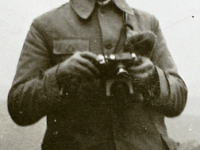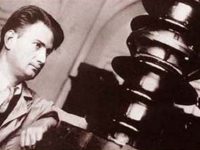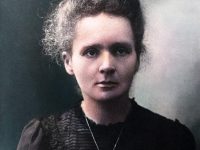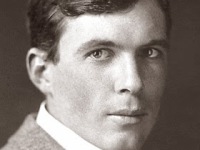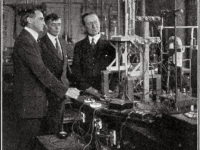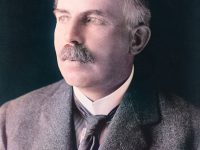Paul Ehrlich’s Research on Chemotherapy and the Magic Bullet
On March 14, 1854, German Jewish physician Paul Ehrlich was born. Ehrlich made significant contributions in the fields of hematology, immunology, and chemotherapy. He invented the precursor technique to Gram staining bacteria. The methods he developed for staining tissue made it possible to distinguish between different type of blood cells, which led to the capability to diagnose numerous blood diseases. “In order to pursue chemotherapy successfully we must look for substances which…
Read more


